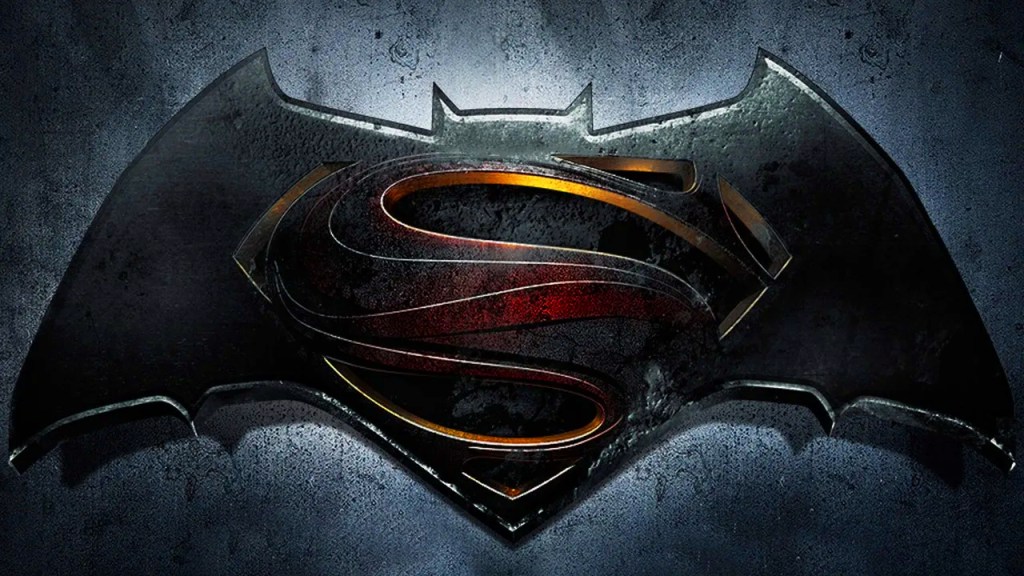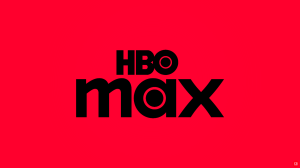NOTE: This article was originally published in 2016 as a review and discussion of Batman v Superman’s Ultimate Edition, when it was originally released. The article below remains as originally published.
Videos by ComicBook.com
Batman v Superman: Dawn of Justice will never stop being debated. Director Zack Snyder presented us with an event that many had long waited to see (Batman on the movie screen alongside Superman), but he did so according to his own unique vision – for better or worse. Seemingly the latter though, because since Batman v Superman hit theaters, it’s suffered massive criticism for what is supposedly a convoluted and overly grandiose storyline. The home release of Batman v Superman: The Ultimate Edition sparked that debate all over again.
While Batman v Superman’s Ultimate Edition may not fix all of the problems with Batman v Superman‘s story, it does present a much bigger – and yet, more precise – a thematic arc that arguably takes a gimmicky superhero team-up, and elevates into a socio-political metaphor not only fit for the times, but eerily predictive of where things would soon be headed.
Here’s Why Batman v Superman Is Smarter Than You Think.
True Edition
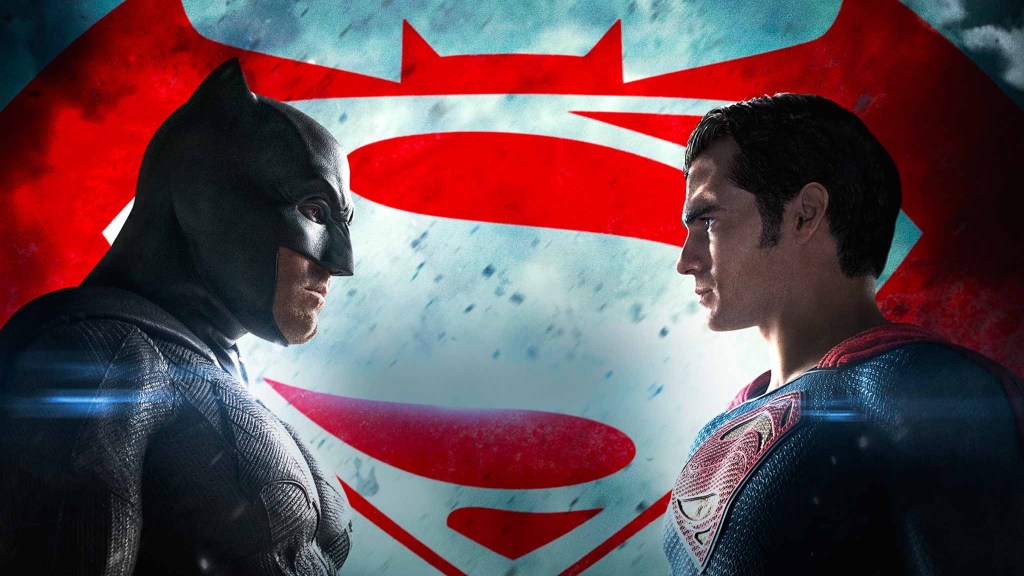
For the purposes of this discussion, we need to be clear: as far as I’m concerned, Batman v Superman: The Ultimate Edition is the only version of the movie worth discussing. Sure, people often try to argue that a “special edition” or “director’s cut” of a film doesn’t constitute the “real” version of the movie; that only the theatrical cut is considered canon. That may be a fair point, but I’m not here to argue canon. In evaluating Batman v Superman‘s merit as smart cinematic work, I need the whole of Snyder and Co.’s vision, and not (as will be discussed later) what Warner Bros. cut together to sell in theaters.
So, from here on out, this discussion will be in reference to Batman v Superman: The Ultimate Edition. If you have not seen that version of the film, and find the theatrical cut to be so unforgivably bad that you can’t give the film a second look, then there’s nothing for us to discuss: you simply dislike this movie.
For those who have seen both versions, or are at least open to another interpretation of the film they saw, let’s break this down.
The American Now

The first thing to realize about Batman v Superman is that it’s not just a comic book movie. This is not just a parable about how Batman and Superman came to respect another after having clashing ideas of what heroism is; that’s certainly part of the story, but it’s not the major thematic subtext which drives it. To understand the thematic narrative of Batman v Superman, one must first look back at Man of Steel.
Zack Snyder’s Superman reboot was met with just as much controversy as Batman v Superman – particularly for its final act, in which the city of Metropolis is decimated in a battle between Superman and the Kryptonian militants led by General Zod. That “Battle of Metropolis” rattled and angered many viewers, who felt that Superman allowing such an excessive level of destruction in Metropolis was both uncharacteristic of his character and in a larger sense, was a cinematic exploitation of Americans’ post-9/11 fears. It was no surprise, then, to learn early on in Batman v Superman‘s development that the film would use the controversy over The Battle of Metropolis as the catalyst for its Batman vs. Superman conflict.
Many fans are able to discern Snyder’s answer to his critics in BvS‘s story, but writer Chris Terrio’s script is woefully underappreciated for how it takes the Battle of Metropolis 9/11 comparisons and extends them into a full-fledged socio-political commentary, as embodied by two of the biggest icons in Americana mythology. It plays like this:
Batman is the right-wing hawk reaction to 9/11. He represents an America that prefers security over civil liberties; the Bush-era mentality of stopping threats pro-actively before they can threaten close to home; He believes in severe (i.e., morally dubious) punishment of criminals; uses military-grade hardware to casually annihilate enemy combatants; and the movie is none to shy about pointing out that Bruce Wayne belongs to the wealthy elite, while The Batman preys on the poor and destitute of Gotham. In short: Batman is the darker and more militant version of America, as scarred by the tragedy of 9/11. He is, as Alfred clearly states, the cruel end result of unchecked rage and feelings of powerlessness (like many felt after 9/11). Batman’s actions – inspired by those feelings – end up starting as misguided a war as… well, you get it.
Superman, on the other hand, isn’t so much a character in the story as he is a symbol – and that symbol is of the more left-wing, liberal American ideal. Superman represents the classic American ideas of hope, justice, and morality for all people; he believes it is his job to police the world and protect the defenseless, no matter their nationality; and in his Clark Kent guise, he spends most of the film trying to defend the civil liberties of the criminal branded by The Batman – a person who, to Clark, represents the poverty and desperation behind Gotham’s criminals, empathy that he faults Batman for not showing to those he punishes so harshly. Clark is also none to shy about pontificating about the role of media and the civil responsibilities of journalists – a far cry from the “bumbling geek” persona of Christopher Reeve, but a clear metaphor.
As the film demonstrates, none of the ideas Batman and Superman represent are infallible. Batman’s rage and need for retribution have him start the wrong kind of war, allowing greater threats to foster. Superman’s actions, though noble in intent, cause political turmoil on a global level; his (excessive?) empathy and concern with maintaining moral high ground in the eyes of the American public, media, and government prevent him from stopping a horrific terrorist attack; and his obsession with judging the other side of the aisle (Batman) stops both him and his political opponent from seeing the true threat facing them both. By the time both parties finally become aware, the situation has grown into a (literal) monster, and it costs the sacrifice of Superman to slay that monster.
In the aftermath, we see a world and a former political rival all transformed by the loss of the noble ideal (Superman), inspired to do better so that the ideal is not truly lost forever. It’s almost eerie how resoundingly accurate a theme it is for the present moment, and that accuracy extends to the much-hated villain in this thematic opera.
Lex Luthor

Jesse Eisenberg’s Lex Luthor was one of the most universally criticized parts of Batman v Superman. But while the character is eccentric and downright weird, his role in the thematic narrative is actually pinpoint on the mark.
If Batman and Superman represent the two clashing political ideologies of a post-9/11 America, Lex Luthor is (clearly) the embodiment of the insidious opportunists who exploited (and still exploit) the turmoil of a post-9/11, war-torn world for personal gain. His criminal empire and machinations may seem vague and confusing narratively, but thematically, Lex’s schemes actually invoke references to so many ugly things that have thrived in the post-9/11 world: arms dealing, human trafficking, an unchecked military-industrial complex, political lobbying, bio-weapons development, corporate corruption – the list goes on.
The real point is: Lex is the businessman opportunist shark looking for personal gain by pitting two political ideologies against one another. Reading that back, Terrio and Snyder deserve a crystal ball and a gig as fortune tellers, more so than ridicule, given where American politics has steered us today (I’ll just leave it there…).
On a more personal level, Lex confesses to a childhood of abuse at the hands of his father, an East German man who felt powerless from having to submit to the will of tyrants. For Lex, Superman is a threatening new socio-political paradigm, in which he, Lex (the top 1%), will experience a profound loss of power and control – something that Lex cannot accept. While criticized for its convolution, there is a sort of intelligent real-world parallel to how this bombastic tycoon manipulates events in foreign nations, in the prison system, politics, and stokes the fears of the public.
Sure, Eisenberg arguably may kill a lot of the smart metaphor to his character with an overly eccentric performance, but that doesn’t change the fact that it’s an interesting framework the filmmakers have set up – and one that’s deeper than most people give the film credit for. Batman v Superman is in many ways the story of how America has become violently divided in a post-9/11 world, and (at least on paper) Lex Luthor serving as the unseen hand nurturing that division makes sense both thematically and characteristically. As does the turn that unravels Luthor’s carefully guided plan…
The Martha Moment

Given the thematic framework we’ve identified, let’s talk about Batman v Superman’s much-hated, much-debated climactic turn:
When the violent fight erupts between Batman and Superman (those two halves of American political ideology) all sense of reason and communication has been lost. These two men, heroes, each see “the other” as the symbol of something that must be fought: Batman hates the uncontrollable threat that is Superman, while the Ultimate Edition makes it much clearer that Batman is the intolerant bully that Clark/Superman knows all too well (remember Man of Steel?) – a bully that must be stopped by “a fist.” Batman v Superman tried to add an ambitious level of thematic grandeur to its titular battle, and therefore, a great deal hinges on the resolution of that battle.
Everyone who has seen the film knows “The Martha Moment” by now: Batman is about to impale Superman to death with a Kryptonite spear, but is stopped when Superman utters the phrase “You’re letting him kill Martha!” When Lois Lane elaborates that Martha is Superman’s mother’s name, Batman remembers his own mother, Martha Wayne, and he and Superman become instant pals.
Here’s the thing: The Martha Moment isn’t a bad idea within the thematic framework of the story (it’s even kind of clever since a lot of comic book fans probably never connected the thread between Marthas Kent and Wayne). But even though it’s smart in concept, the moment is executed quite poorly, and the whole thematic payoff nearly collapses as a result of that mishandling.
It’s a problem of dialogue, really: Superman saying lines like “You’re letting him kill Martha,” or “Save… Martha…” are so clunky and false, since no son that I know ever refers to his mother in times of desperation by her first name. There’s enough built into the character of Batman (and his thematic symbolism) that a line like “You’re letting him kill my mother,” would have just as much impact, and, more importantly, thematic resonance (Lois Lane could’ve easily supplied the “Martha Kent” name that sealed the connection).
The whole idea of “The Martha Moment” is that there is common ground these two heroes (i.e., warring political ideologies) find, and it’s something personal, not ideological. That’s the entire thematic payoff of the story – the larger takeaway that we, the audience, are supposed to incorporate into our real lives. Yet, because it’s handled in such a clunky manner – with inauthentic dialogue, and Ben Affleck forced into overly-dramatic gravitas (“Why did you say that name!“) – the most important thematic turn in the film falls painfully flat, no matter which version you are watching.
When it comes to writing and dialogue, the devil is truly in the details. With a slight revision, Batman v Superman may have stuck its thematic landing.
Comic Book Roots
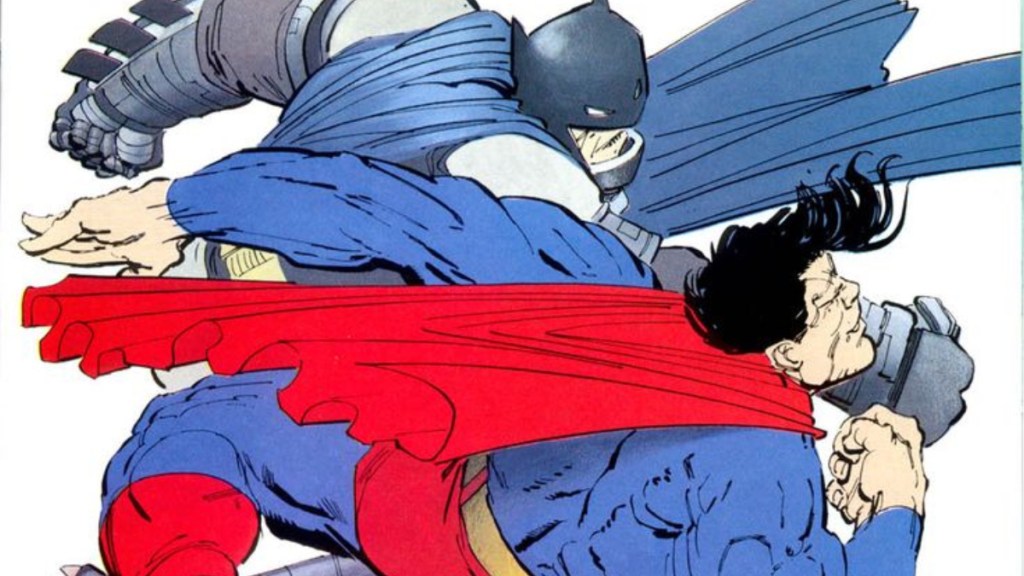
Let’s not forget where this all sprung from: right from the start of BvS’ production, director Zack Snyder let it be known that Frank Miller’s The Dark Knight Returns storyline (in which an older Batman comes out of retirement for a more brutal campaign against crime) would be direct inspiration for Batman v Superman. What is once again underestimated is how much of a socio-political commentary Dark Knight Returns was for its time – and just how well Snyder emulates that in his film.
Dark Knight Returns was written in the Cold War mid-80s era of Reganomics, the War on Drugs, and fear of nuclear winter; Miller used constant “cut scenes” of media news segments (the rise of the 24-hour news cycle), as well as personal anecdotes from third-party citizens, which all help to flesh out the character and phenomenon of The Batman.
Obviously, Batman v Superman exists in a much different world than the one Dark Knight Returns was written for, but the Ultimate Edition makes it clear that Snyder attempted to honor the spirit of Miller’s story, with the multiple asides to other characters, anecdotal stories, and media broadcasts – all of which frame the question of who Superman is in today’s world. Miller’s story was also unapologetically political, and Snyder clearly sets up from the beginning of the Ultimate Edition (in a much longer segment of the Lois Lane incident in Africa) that politics are a definite part of his film, as well (hence the aforementioned political metaphors).
This is all to say: Not only is Batman v Superman a generally smarter film than many give it credit for being, it’s also a pretty smart adaptation of one of the most respected Batman stories out there.
Does BvS Deserve Another Chance?
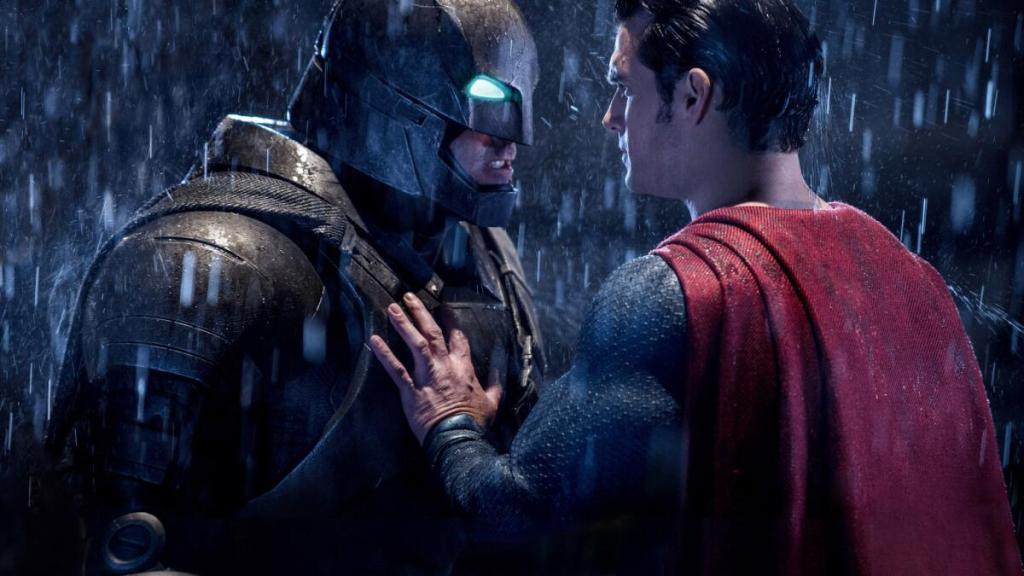
No.
Yeah, it might seem strange that after 2000 words of arguing otherwise, I would arrive at this conclusion. But here we are.
The bottom line is that I do believe Batman v Superman is a much better movie than people are giving it credit for being, but only in terms of its depth and ambition. As I already said, the execution of those ideas wasn’t the strongest, resulting in major issues like The Martha Moment, or the confusing nature of Lex’s plot. And in all this analysis, there still is the glaringly simple fact that the theatrical version of Batman v Superman takes all this depth and ambitious storytelling described above and mangles to high hell until it’s something unrecognizable.
More to the point: it seems as though Warner Bros. trimmed away the very subplots and characters that helped to convey the more politicized thematic message of the film; purposeful reduction so that audiences wouldn’t have to sit through (or think beyond) anything more than a basic superhero team-up story. And for those viewers who won’t even invest in watching the Batman v Superman: Ultimate Edition, the film will likely leave a much more negative impression than it would if they engaged with the full version.
Still, for those few of you on the fence (see what metaphor I’m working here?) maybe this will help tip the scales toward getting to watch (or re-watch) Batman v Superman with a new subtext in mind – one that hopefully improves the viewing experience.
…Or just yell at me on Twitter @KofiOutlaw, asking me what I’m thinking and why I even bothered to write this. I know how it goes.
Man of Steel, Batman v Superman, and Zack Snyder’s Justice League are now streaming on Max.

